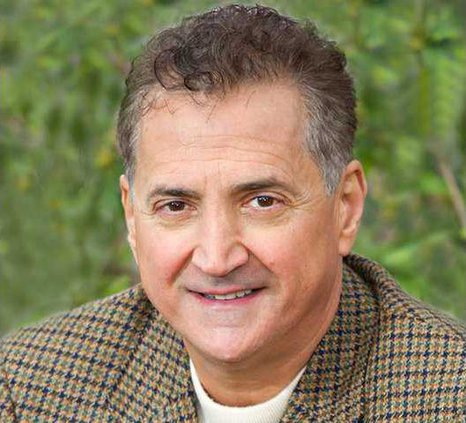Too many people suffer migraine headaches and are not getting proper treatment, according to a local neurologist.
“More than 37 million Americans suffer from migraine headaches and only half that number are properly diagnosed and treated,” Stephen Pappas, MD, whose practice is in Hinesville, said. “An accurate diagnosis and effective treatment will significantly improve the quality of life for you or your loved one.”
Much is not understood about migraines, but environmental factors and genetics seem to play a role, according to The Mayo Clinic. The World Health Organization estimates that more than one billion people will get a migraine at some point in their lives.
Common triggers include:
• Stress: Stressful situations may cause both mental and physical responses in the body.
• Foods: Caffeinated products, monosodium glutamate, alcohol, aged cheeses, and even salty foods can bring on a migraine.
• Environmental changes: Migraines may be triggered by the weather and changes in barometric pressure.
• Sights, smells and sounds: Perfumes, unpleasant aromas, sunlight or even loud noises may be the causes.
• Medications: Some medicines, such as nitroglycerin, are known to cause migraines.
If you suffer migraines and visit Pappas, he’ll first gather a thorough history of your symptoms, prior treatments and testing, and of your general health. He will then perform a complete neurological examination. Tests may be ordered as part of the evaluation he employs to diagnose specific headache conditions.
Symptoms
When a person has a migraine, he or she is likely to report a throbbing pain in the head. Many people report blurred vision, tunnel vision or a temporary blind spot. Sensitivity to light is common, as is accompanying nausea that can induce vomiting.
Symptoms of migraines may linger after the migraine has subsided. One may experience neck pain, fatigue, loss of appetite and a lack of mental acuity.
Treatment
There is no one specific treatment for migraines. The U.S. National Library of Medicine lists a number of different medications and treatment options.
Because serotonin is believed to play a role, using certain SSRI medications normally prescribed for depression may help. Seizure and blood-pressure medications may be prescribed as well. Nausea medications and pain relievers may be used in conjunction with other treatments. Stress-relief methods and alternative therapies, such as acupuncture or massage therapy, may help delay migraine onset.
Keep in mind that migraine headaches could be a risk factor for stroke. Call emergency services if a headache is extreme, starts suddenly, pain increases when lying down or if there are speech, vision or movement problems with the migraine.
If you suffer from frequent headaches, call for an evaluation with Dr. Pappas in his Hinesville office at 912-264-9999. Visit his web site, www.drpappas.net to learn more.
Get the facts on migraine headaches


Sign up for our e-newsletters